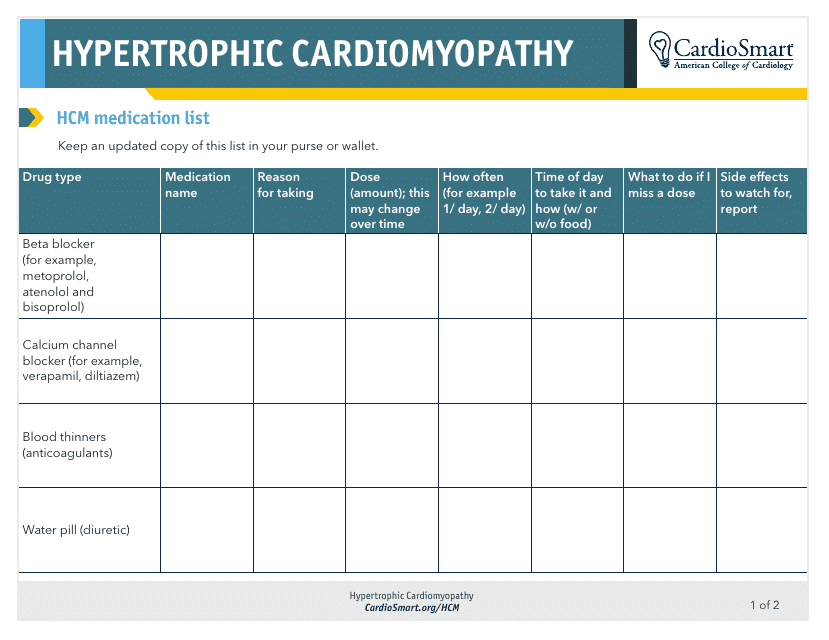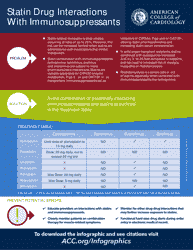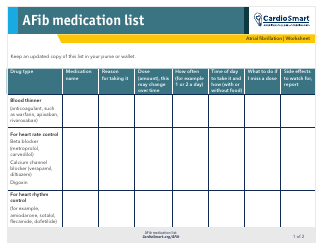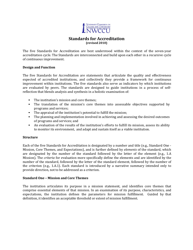Hypertrophic Cardiomyopathy - American College of Cardiology
The American College of Cardiology's document on Hypertrophic Cardiomyopathy serves to provide comprehensive information on the heart condition known as Hypertrophic Cardiomyopathy. Its purpose is to educate healthcare professionals and the general public about the disease, including its causes, symptoms, treatment options, and preventive measures. This may include detailed medical research, statistics, guidelines for patient management, and the latest advancements in the understanding and treatment of the condition. Its ultimate aim is to improve patient care and outcomes through knowledge dissemination.
The Hypertrophic Cardiomyopathy document is typically filed by the American College of Cardiology. This comprehensive document would include the latest scientific research, treatment guidelines, and diagnosis strategies written by the leading cardiologists and medical professionals.
FAQ
Q: What is Hypertrophic Cardiomyopathy?
A: Hypertrophic Cardiomyopathy (HCM) is a disease in which the heart muscle (myocardium) becomes abnormally thick, making it harder for the heart to pump blood.
Q: What is the cause of Hypertrophic Cardiomyopathy?
A: HCM is usually caused by genetic mutations and is inherited in a familial pattern. However, it can also be acquired during life as a result of high blood pressure or aging.
Q: What are the symptoms of Hypertrophic Cardiomyopathy?
A: Symptoms can include shortness of breath, chest pain, fainting, and in severe cases, sudden cardiac death. However, many people with HCM have few, if any, symptoms.
Q: How is Hypertrophic Cardiomyopathy diagnosed?
A: HCM is typically diagnosed through a combination of medical history, physical exam, and diagnostic tests such as an echocardiogram and electrocardiogram.
Q: What are the treatment options for Hypertrophic Cardiomyopathy?
A: Treatment for HCM can include medications, nonsurgical procedures, surgery, and lifestyle changes like diet and exercise. The goal of treatment is to prevent sudden cardiac death and alleviate symptoms.
Q: How common is Hypertrophic Cardiomyopathy?
A: HCM is the most common form of genetic heart disease. It's estimated to affect 1 in 500 people in the general population.
Q: Is Hypertrophic Cardiomyopathy a serious condition?
A: Yes, HCM is a serious condition as it can lead to life-threatening heart failure and sudden cardiac death. However, with proper treatment and management, many patients live a normal life.
Q: Who is at risk for Hypertrophic Cardiomyopathy?
A: While HCM can affect people at any age, those with a family history of the disease are at an increased risk. It's also more common in men than in women.
Q: What is the role of the American College of Cardiology in relation to Hypertrophic Cardiomyopathy?
A: The American College of Cardiology (ACC) develops guidelines for the diagnosis and treatment of HCM, conducts research, and provides educational resources for healthcare professionals and patients.










